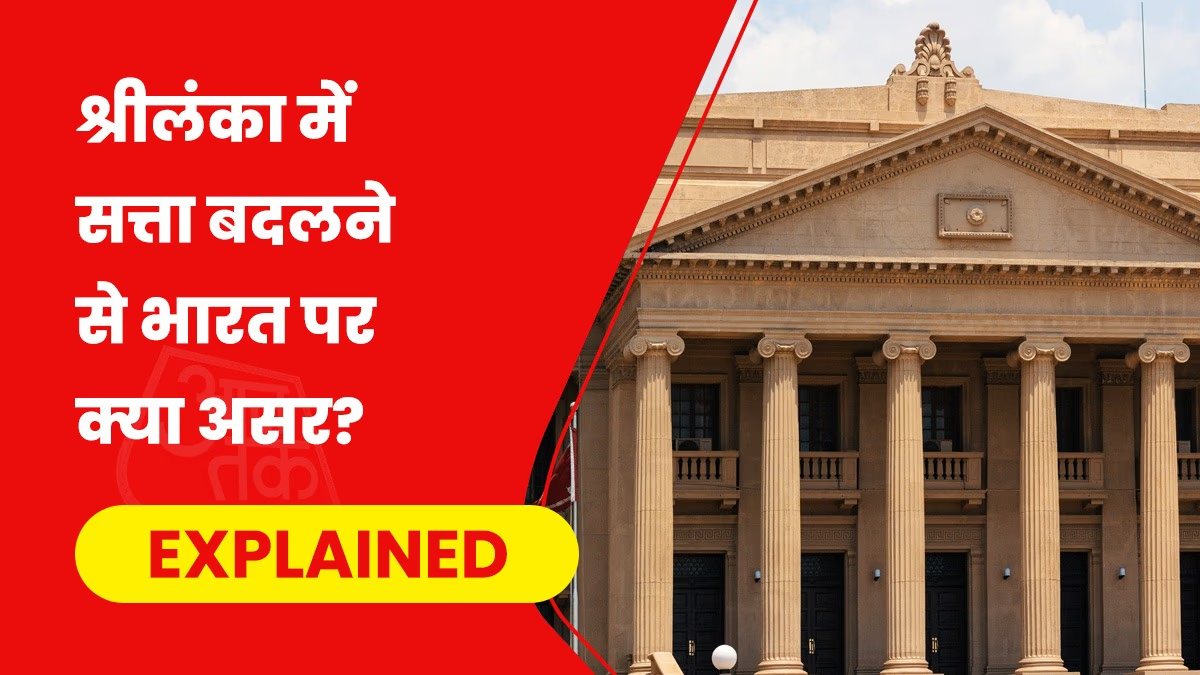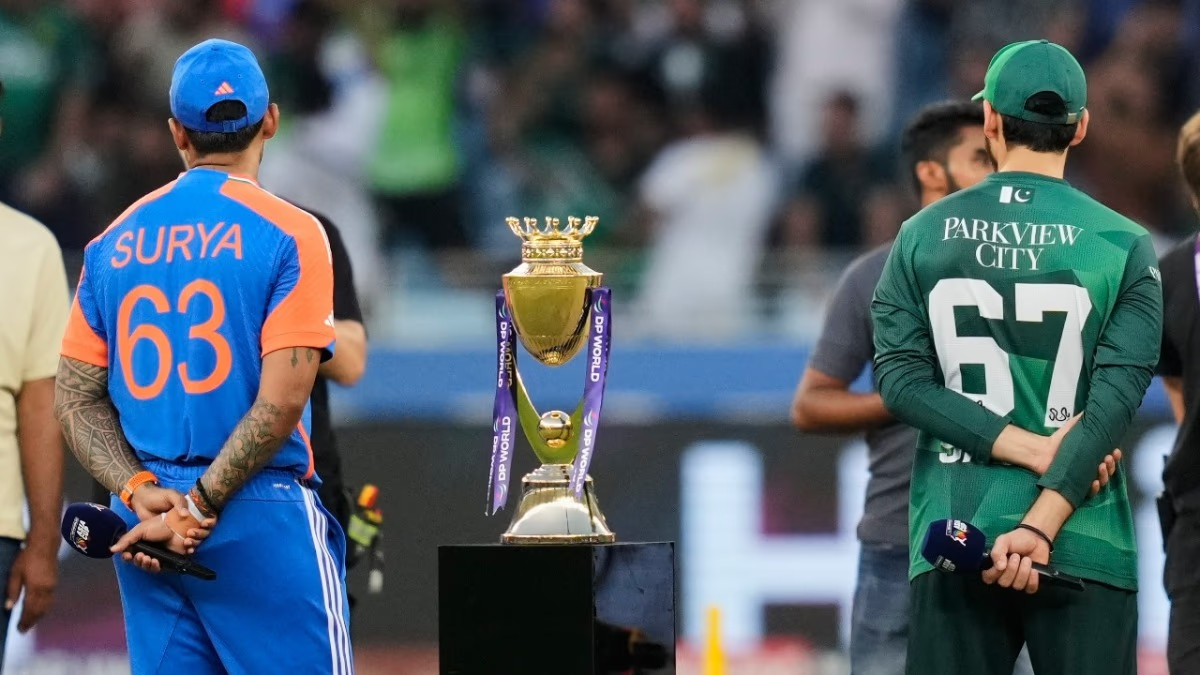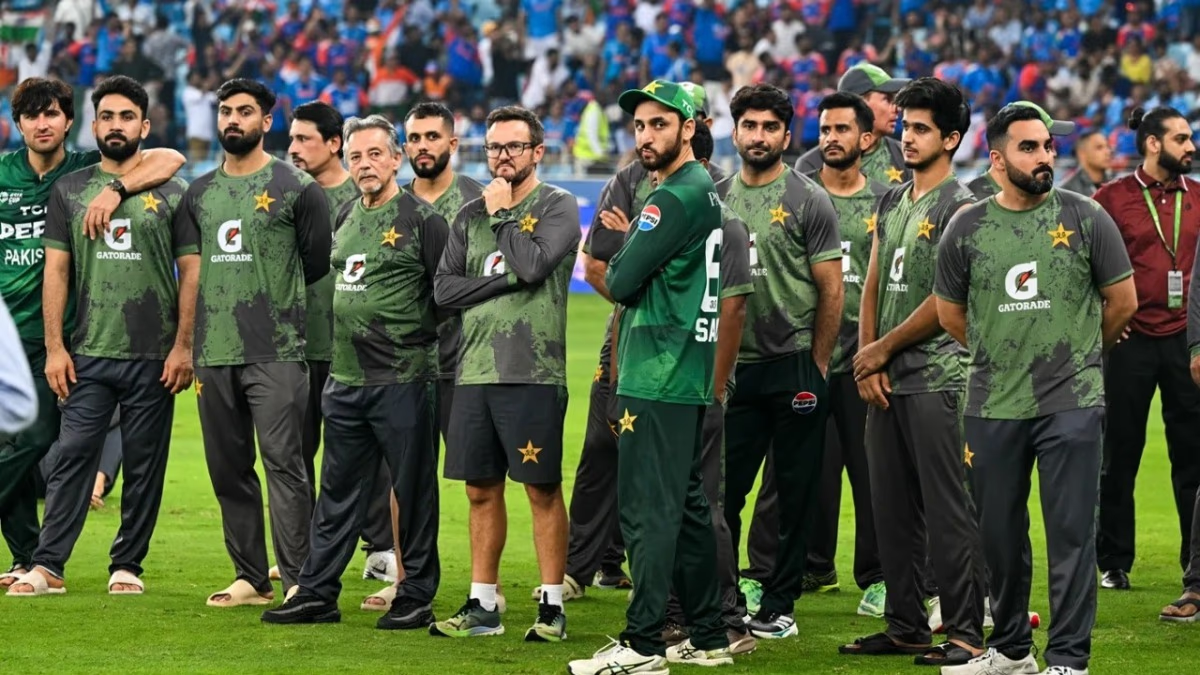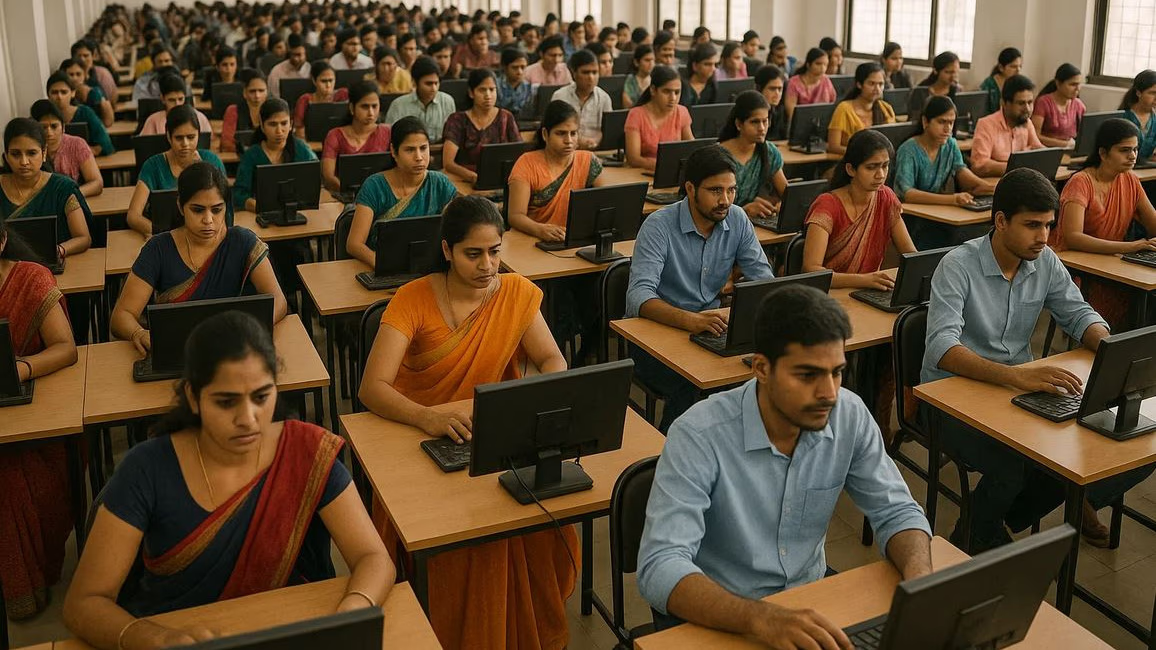This was the first presidential election in Sri Lanka after declaring bankruptcy, which saw Anura Kumara Dissanayake emerging victorious. He is the first Marxist leader to reach such a high position in the country. For the past two years, Sri Lanka has been grappling with not only political turmoil but also economic instability. President Dissanayake now faces a dual responsibility. But the question remains - how will he handle relations with India and China, especially since his party, the JVP, has previously spoken against India multiple times.
Who is the new President?
Dissanayake, 56, adheres to Marxist ideology and has frequently advocated for the working class and lower-middle-class citizens. He comes from the National People's Power (NPP) and is known for his leftist stance, which will be a new experience for Colombo. Before this, the country was mostly ruled by right-wing governments. Even Gotabaya Rajapaksa, who is considered to have nearly sunk the country, was right-leaning. Dissanayake emerged as his staunch opponent, especially during the economic crisis. He was seen as an anti-corruption figure, which led to his election by hopeful citizens.
Switching from a right-wing to a left-wing administration is a significant change for the country. But the impact won't end at its borders - it will also affect neighbors, especially India and China.
Why is Sri Lanka crucial for both countries?
- Sri Lanka's strategic location in the Indian Ocean makes it a central hub for maritime trade between West and East Asia. Both China and India want to secure their presence here. However, China, with its expansionist stance, has already established a stronghold at the Hambantota port. - This part of the ocean holds strategic military importance. Given Sri Lanka's proximity to India's southern coast, maintaining good relations with it is crucial for India's naval strategy. - Both countries have invested heavily in Sri Lanka. While India's approach has been 'neighbor-first,' China invests huge sums but also imposes heavy interest rates. Currently, China's investments in Sri Lankan infrastructure are substantial.
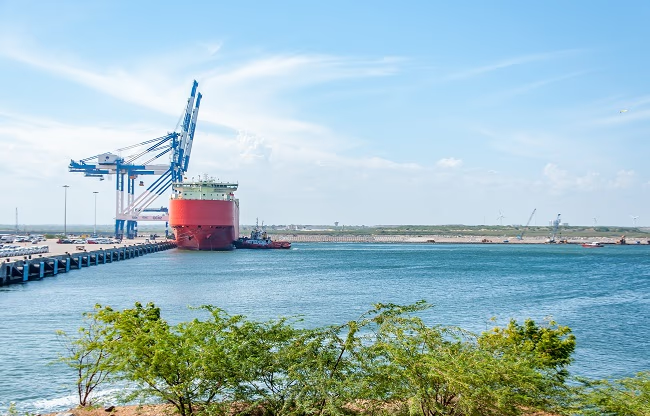
Source: aajtak
Will India or China Take the Lead?
Dissanayake faces numerous challenges, the biggest of which is stabilizing the country after the 2022 turmoil. Additionally, he must balance foreign policy, which has historically tried to keep India and China on an even keel but often leaned towards China due to heavy investments and loans.
Now the scenario is different. One reason is the central government's political ideology. While the Sri Lankan president is known for his leftist views, India's central government is considered right-leaning. This ideological gap could act as a barrier.
However, members of the NPP's National Executive Committee, like Anil Jayanta, deny this. As per The Week, he stated that their party and leadership are keen to connect with India. Having recently been invited to an agricultural summit in India, they visited Delhi and Kerala. Their leader aims to stabilize Sri Lanka's economy by collaborating with all major powers.
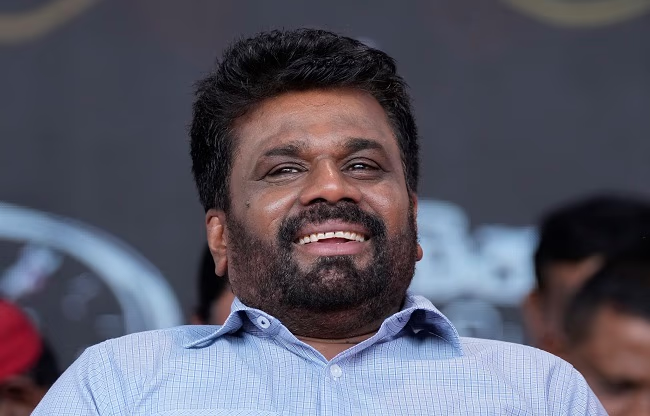
Source: aajtak
Instances of Anti-India Stance
Despite some positive aspects, certain factors are concerning. Notably, Dissanayake's party, the JVP, has been a significant leftist party with a history of anti-India sentiment. In 1987, during the India-Sri Lanka accord, India sent peacekeeping forces to mediate between the Tamil rebels and Sri Lankan army. The JVP considered this an external intervention and caused considerable uproar, even branding the Indian army as invaders. The party went on to accuse India of supporting Tamil rebels to maintain regional influence.
Ideologically Aligned with China
The JVP has maintained a Maoist stance influenced by Chinese leader Mao Zedong from its inception. They have often praised Chinese policies, whether political or economic, and criticized Western influences. China, on its part, regularly condemns Western powers like the U.S., creating a common ground between them.
India Maintaining Friendship
But it's not right to assume that the new government will drift away from India. India's 'neighbor-first' policy plays a significant role. Two years ago, during Sri Lanka's instability, India's unconditional assistance was crucial and hard to overlook. Additionally, India's growing global influence assures neighbors that India can advocate for them on international platforms or provide global assistance during crises.
The Maldives is an illustration of this. After assuming office, President Mohammed Muizzu initially exhibited anti-India sentiments and even began an 'India Out' campaign. However, he has since corrected his stance, and there are recent reports that he might soon visit India. India's stern but helpful approach ensured that even in tough times, it offered assistance to the Maldives instead of abandoning them.
